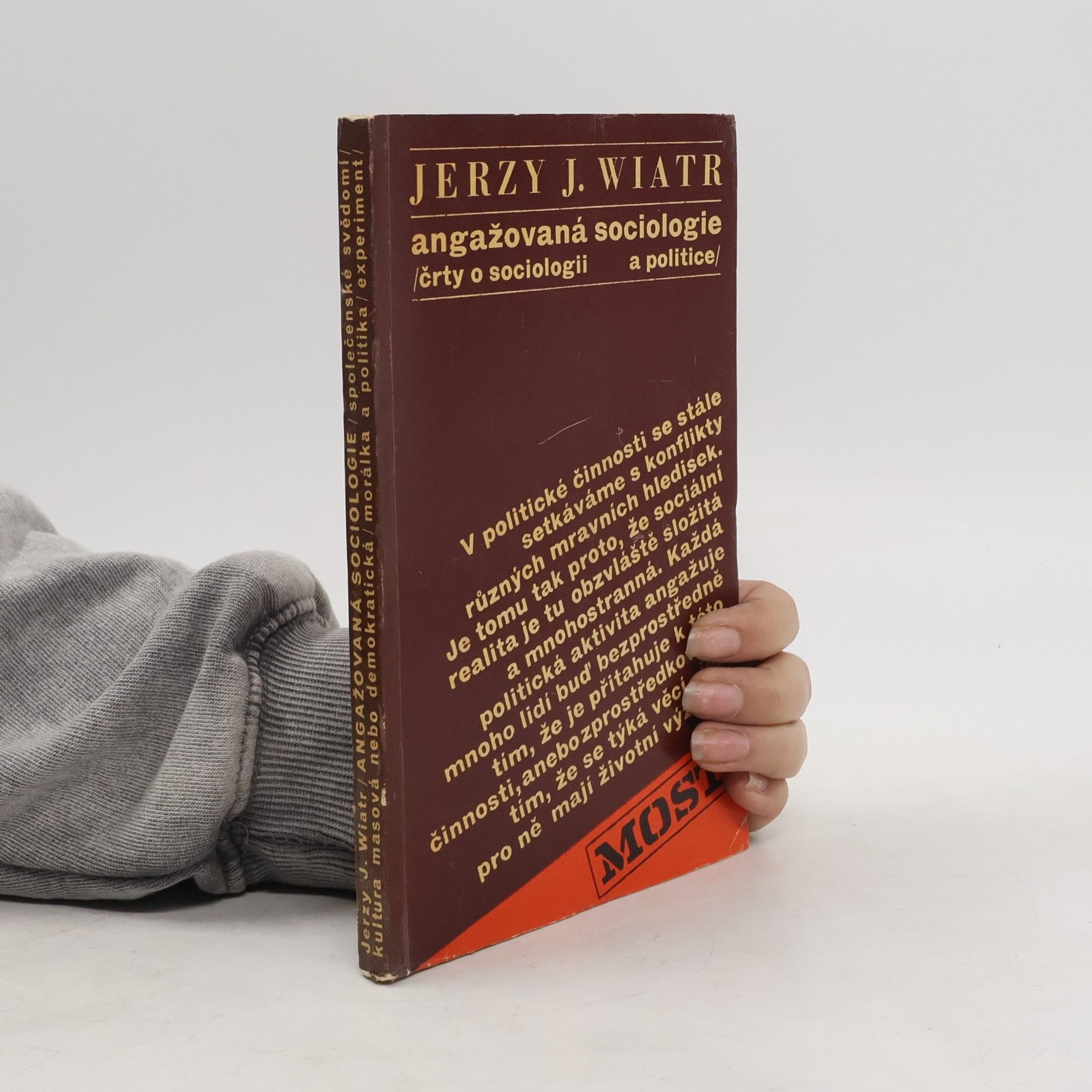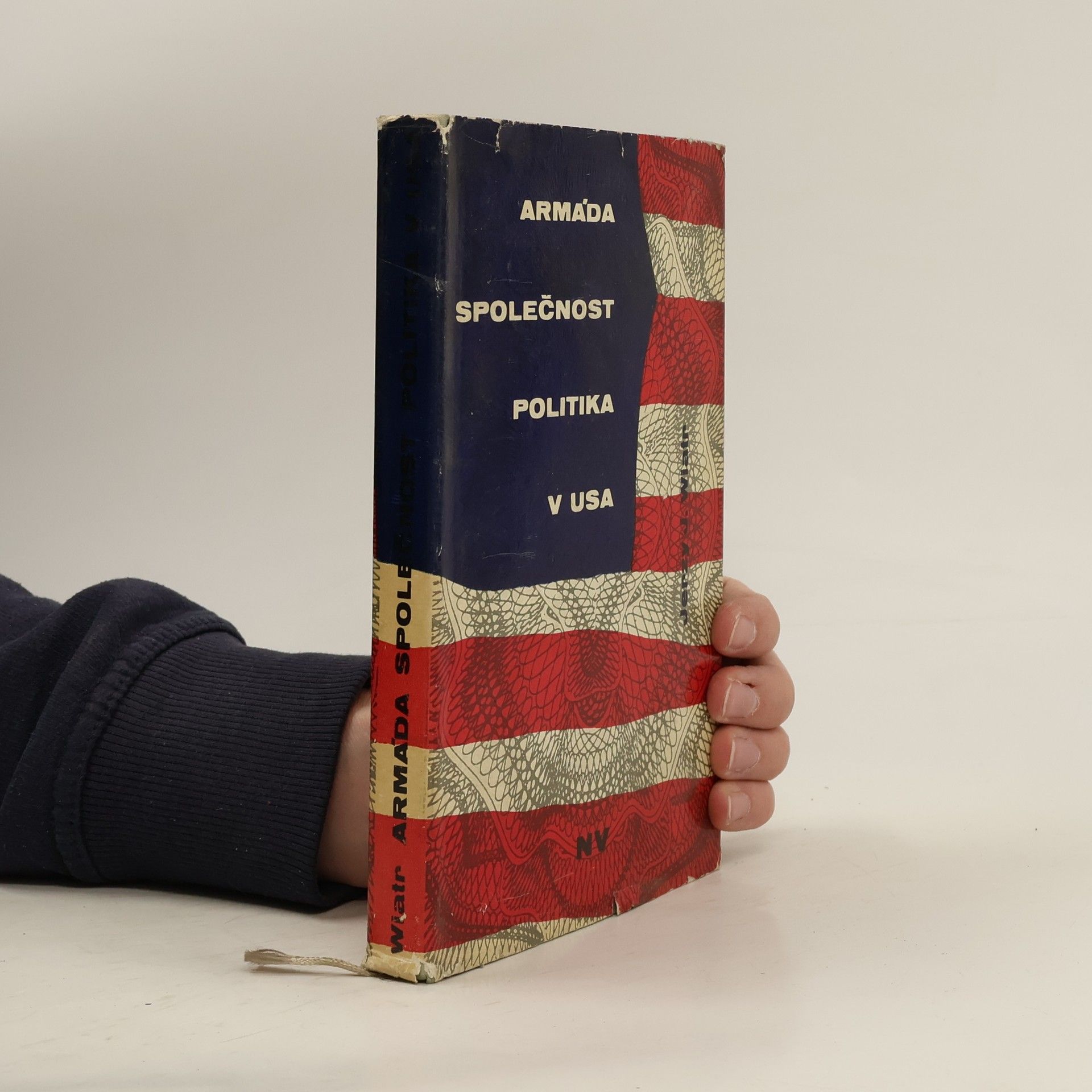Political Leadership Between Democracy and Authoritarianism
Comparative and Historical Perspectives
- 220 Seiten
- 8 Lesestunden
This book sheds light on the theory of political leadership, which is still an under-researched field of political science. It is related to the philosophical argument about determinism versus activism and helps to understand the basic conflict of the 21st century between liberal democracy and new authoritarianism. The book looks at Max Weber's typology of political rule and his concept of the ethics of responsibility, which are key to the theory of leadership. The author shows that the unfinished contest between democracy and new authoritarianism in the 21st century confirms the importance of leadership in old and new democracies as well as in the neo-authoritarian regimes and calls for a new type of political leaders.






